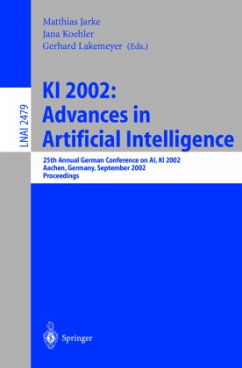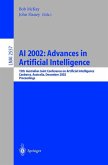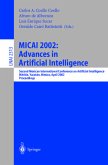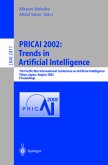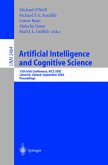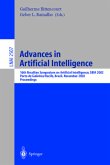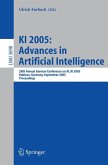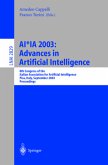This year marks the 25th anniversary of the Annual German Conference on Arti?cial Intelligence. When starting in 1975 as the German Workshop on AI (GWAI) in Bonn, the meetings were primarily intended as a forum for the G- manAIcommunityandthus,overtheyears,alsore?ectedthedevelopmentofAI researchinGermany.Rightfromthebeginning,thegoalofthemeetingshasbeen to bring together AI researchers working in academia and industry to share their research results and interests in the ?eld of arti?cial intelligence. In 1993, the name of the meeting changed to its current formAnnual German Conference on Arti?cial Intelligence, or KI for short. Since KI-94 in Saarbruc ken presentations have been in English and the proceedings have been published in the Springer LNAI Series. With that the meeting has become a truly international event, and still is in 2002. Thisvolumecontainstheproceedingsofthe25thAnnualGermanConference on Arti?cial Intelligence. For the technical program we had 58 submissions from 17 countries and from all continents except Australia. Out of these contributions slightly less than 30% (20 papers in total) were selected for presentation at the conference and for inclusion in the proceedings. Thecontributionsinthisvolumere?ecttherichnessanddiversityofarti?cial intelligence research. They cover important areas such as multi-agent systems, machine learning, natural language processing, constraint reasoning, knowledge representation, planning, and temporal reasoning. The paper On the problem of computing small representations of least common subsumers by Franz Baader and Anni-Yasmin Turhan (Dresden U- versity of Technology) stood out for its exceptional quality and the program committee selected it for the Springer Best Paper Award. Congratulations to the authors for their excellent contribution.
Hinweis: Dieser Artikel kann nur an eine deutsche Lieferadresse ausgeliefert werden.
Hinweis: Dieser Artikel kann nur an eine deutsche Lieferadresse ausgeliefert werden.

